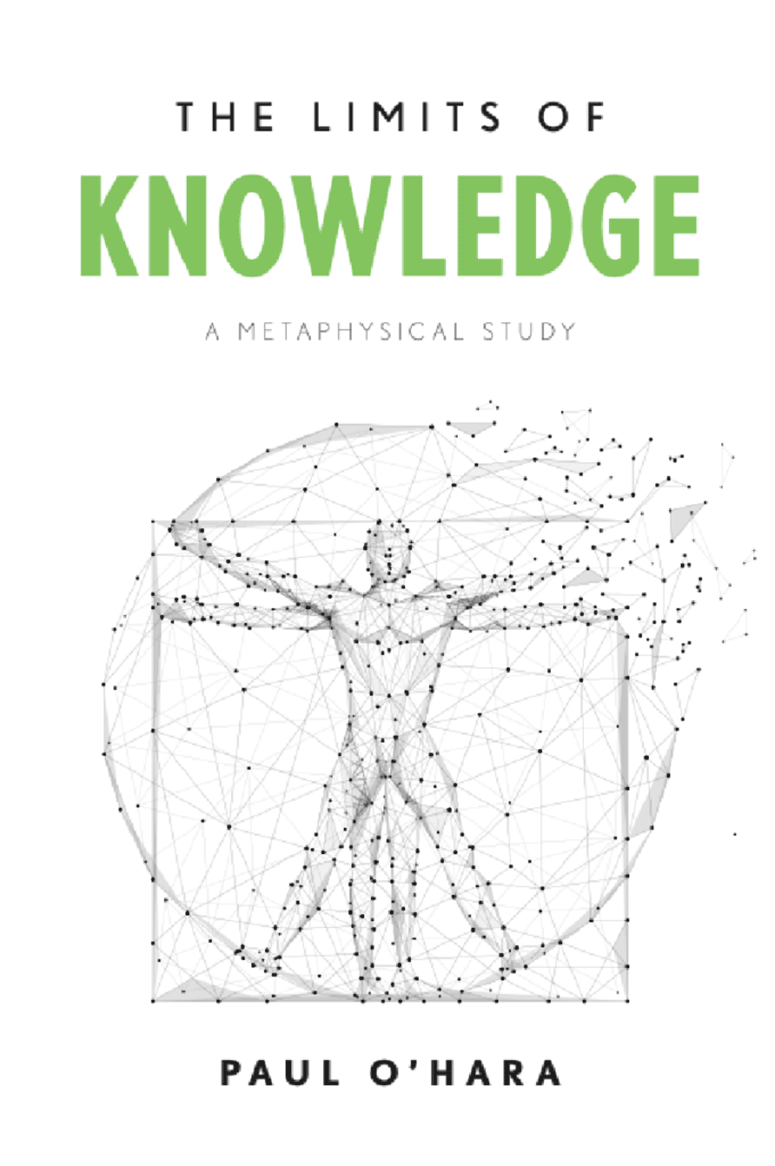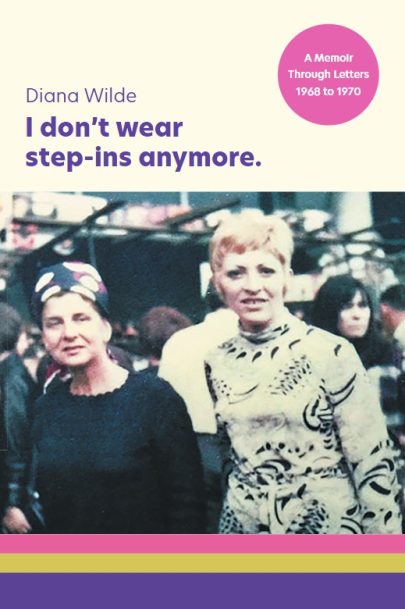KENNEDY, David
ISBN 978-1-922629-96-8
PAPERBACK
Charles Washing & Racist Furniture
The history of Charles Washing, his family, and furniture business is fascinating reading. The plight of Charlie’s parents, a full-blood Chinaman and an 18-year-old English Jewess in the 1850’s, escaping their respective homelands and settling in Ararat, Victoria, is difficult to comprehend, but it’s true. Raising 10 kids against the odds, we follow the journey to Creswick, Melbourne and finally Perth where their sons, driven by Charles set up Washing Brothers Furniture Factory. The Factories Act was a desperate attempt by the Government to eradicate Asiatic businesses pressured by Unions and European businessmen. To survive meant risking everything by breaking the law, dodging government inspectors, and even beating the Supreme Court. It was the birth of racist furniture.






